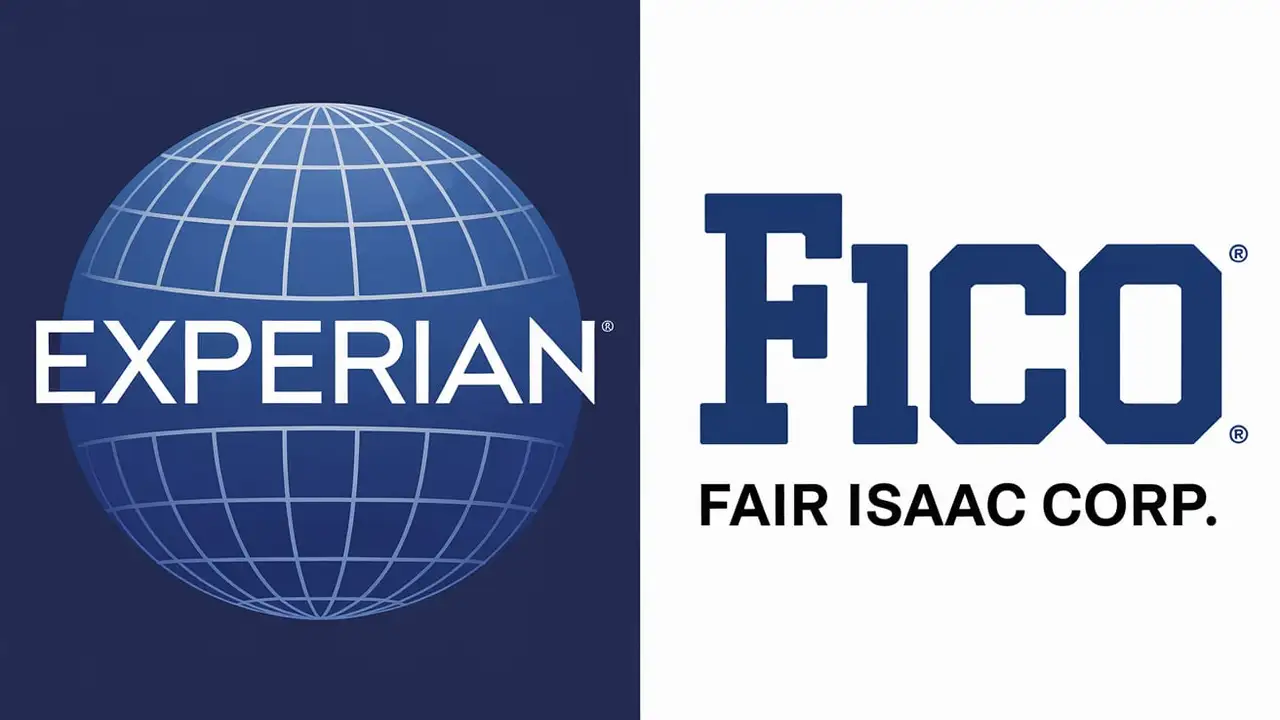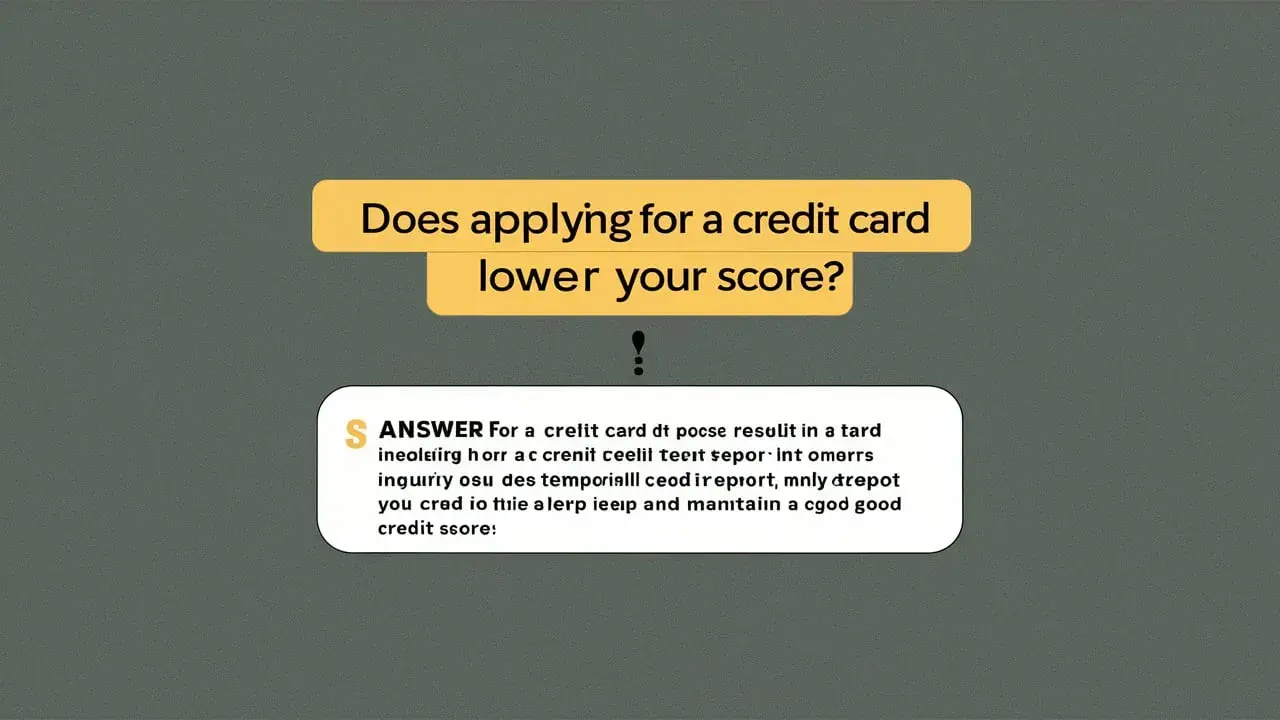-
Posted on: 05 Aug 2024

-
Experian and FICO are two companies that work in the field of credit reporting and credit scoring, yet they are not identical. Although they are collaborators, they are distinct entities.
What is Experian?
Experian is one of the three credit bureaus in the United States; the others are Equifax and TransUnion. Experian gathers credit information on consumers from lenders and creditors and then, assembles the same into credit reports.
When you apply for any credit – whether it is a credit card, auto loan, mortgage, or any other type of credit, the credit provider will request your credit report from one or more of the credit bureaus. These credit reports are sold or offered to lenders by Experian for this reason.
Apart from credit reporting, Experian also provides a wide array of other products and services related to consumer credit. These are credit monitoring, identity theft protection services, and different credit score products.
What is FICO?
Credit scores were invented by Fair Isaac Corporation, FICO. Widely utilized by more than 90% of lenders today to examine credit reports of individuals and guide lending choices, FICO develops credit scoring models and integrated scoring algorithms that produce the FICO scores.
FICO credit scores range from 300 to 850; as evaluated by creditors, the higher the number indicates a reduced credit risk. FICO's scoring algorithms use personal credit report data into which some weight for elements such as payment history, the amount due, length of credit history, new credit inquiries, and credit mix to generate the three-digit figures lenders rely on.
Apart from conventional FICO scores, there are many FICO scores created especially for various lending uses such as credit cards, mortgages, or auto loans.
FICO and Experian Business Relationship
While Experian and FICO have different main functions in the consumer credit market, they are linked.
Experian owns and maintains the data while FICO offers analysis and scoring based on the data owned by Experian. Whenever a lender computes your FICO score, it is based on the credit information provided by Experian, TransUnion, or Equifax.
There cannot be a FICO credit score without the actual data that is submitted by the credit bureaus. Similarly, credit bureaus gain a lot of value from FICO because it helps them convert the large amount of consumer credit data they collect into easy-to-use credit risk scores that lenders then rely on.
The scores also help the consumers themselves learn how lenders perceive them about credit ratings.
What is the relationship between Experian Credit Scores and FICO Scores?
The short answer here is no because Experian credit scores are generated by Experian using VantageScore models while FICO scores are exclusive to FICO company.
However, it is important to note that Experian does provide consumers with actual FICO scores for a fee through some of its credit products. However, without the flavors or with the free annual credit report or anything free from Experian, it would not be a FICO score but some form of the Vantage Score.
FICO and Vantage Score models are calculated using different algorithms, so the credit score can be significantly different even when the underlying credit data comes from Experian. Both score varieties employ the 300-850 range and include credit data points common with each other while differing in the weight of components. This can lead to large discrepancies between VantageScores based on Experian and Equifax versus FICO scores from each one run individually.
Why Consumers Should Care
But as the consumer, you might be wondering why any of this matters, so here is some information that might help you understand what is going on. The short answer is that it is FICO scores developed by FICO that are favored and mainly used by lenders – not Vantage Scores you may get somewhere else.
It means that any third-party credit score may differ greatly from the score a lender uses to approve or deny your next loan or credit card.
Since FICO scores are used so frequently and are determinant when it comes to consumer credit, checking the scores directly from MyFICO. Com is much more comprehensive, although slightly more costly. Vantage Scores obtained from Experian or any other source rank significantly lower.
Monitoring services are provided as such that educate customers on VantageScores and not the score that affects credit decisions. Free site Credit Karma for example offers VantageScores and not FICO scores.
Regarding the scores that matter most if you are going to finance or refinance anything large soon, it is important to familiarize yourself with your FICO scores instead of other score types that are not as popular among creditors.
Bottom Line
Therefore, although today Experian and FICO are the companies that offer the essential services that enable the mass evaluation of consumer credit risks, these companies are not the same. While Experian provides the credit data, FICO translates it into the global known credit risk scores which determine lending decisions. They may be interconnected, but they are not synonymous or interchangeable despite the close cooperation that they provide in the background to support contemporary credit systems. It is crucial to check and monitor your real FICO scores directly.
Take the first step toward financial freedom—contact (888) 803-7889 today!











